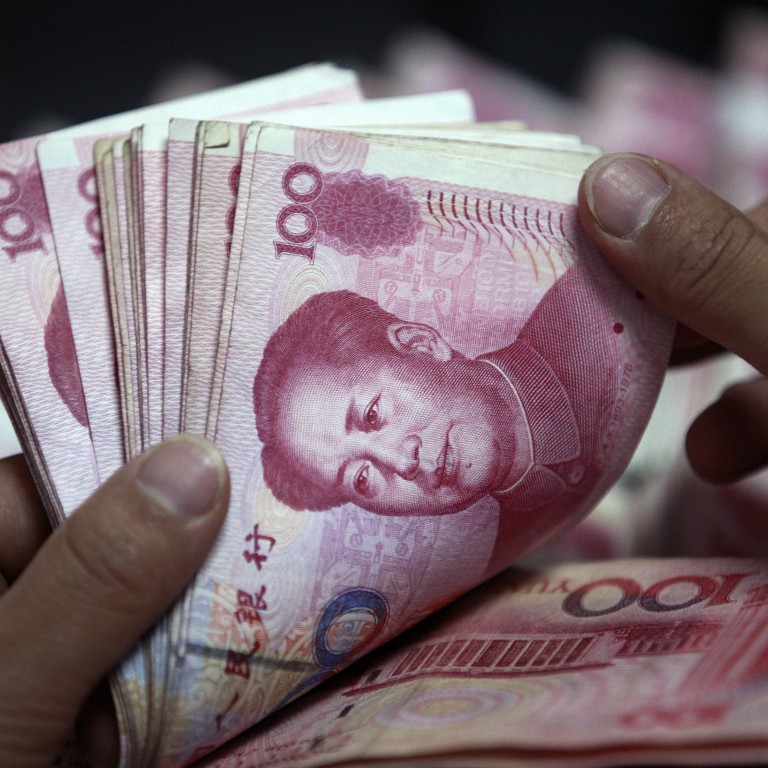
Beijing to tighten rules on P2P lenders amid growing default risks
Regulators ready to step up efforts against illegal fundraising as default risks grow
Many peer-to-peer lenders on the mainland would be hit as regulators warned of rising default risks and were ready to step up efforts to crack down on illegal fundraising.
Instead of acting as an intermediary for lenders and borrowers, most of these operations were engaged in crowd funding or deposit taking, which would likely be regulated, analysts said.
"There isn't any industry standard yet, so internet finance firms are operating in a legal grey area, but most of them will likely be affected by the new rules," said Yang Tao, a researcher at the Institute of Finance and Banking at the Chinese Academy of Social Sciences.
The China Banking Regulatory Commission was leading the effort to draft detailed rules governing the activities of these firms, said Liu Zhangjun, a director at the commission in charge or combating illegal fundraising.
"More than 1,000 peer-to-peer lending platforms operate on the mainland now, and those that engage in crowd funding aren't in the minority," Yang said.
Under current laws, crowdfunding operations that involve giving returns in bonus, interest or shares carry regulatory risks.
Liu warned of rising default risks from online credit platforms, especially peer-to-peer lending and crowd funding, that had been involved in illegal fundraising just as the country's economic growth slows and borrowers struggle to repay loans.
"As internet finance is developing rapidly, many illegal funding activities are moving from offline to online," Liu said at a briefing jointly held with the Ministry of Public Security, the Supreme People's Procuratorate and the Supreme Court.
Some cases of peer-to-peer lending had led to defaults and bankruptcies. In others, the operators of the websites had fled with clients' money.
Liu said some of these companies were illegally attracting deposits and at times behaving much like Ponzi schemes, using fresh funds to repay old debt.
In 2013, the mainland found more than 3,700 cases of illegal fundraising, recouping 6.4 billion yuan (HK$8 billion) in losses, the commission said.
